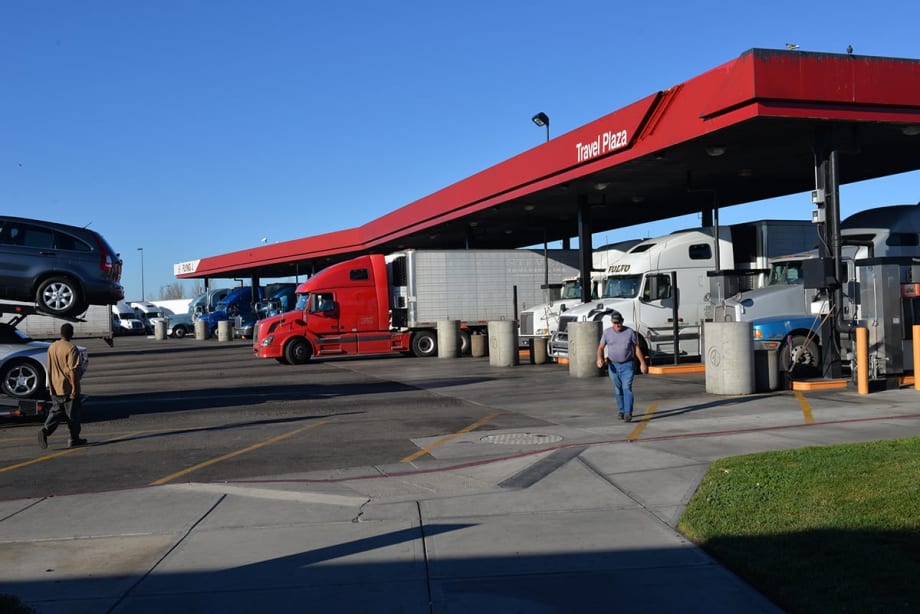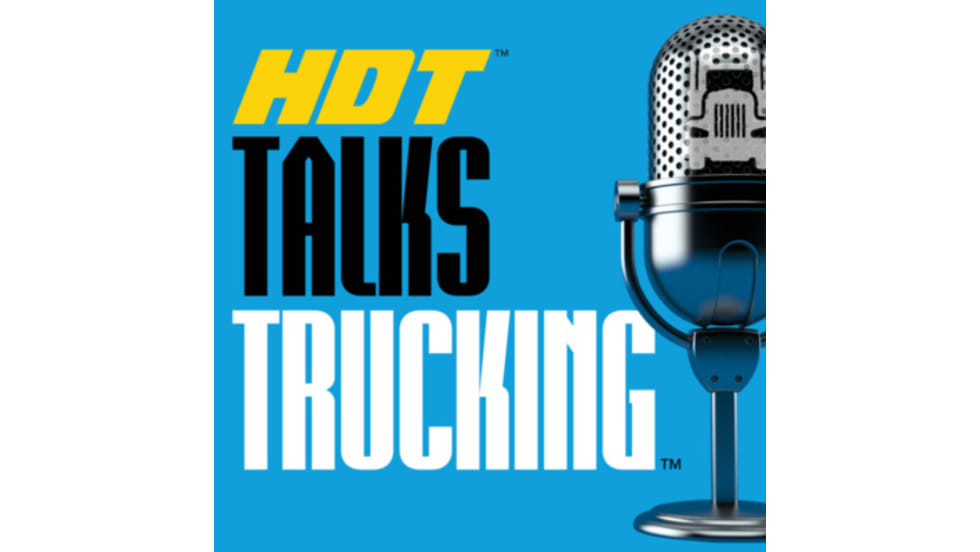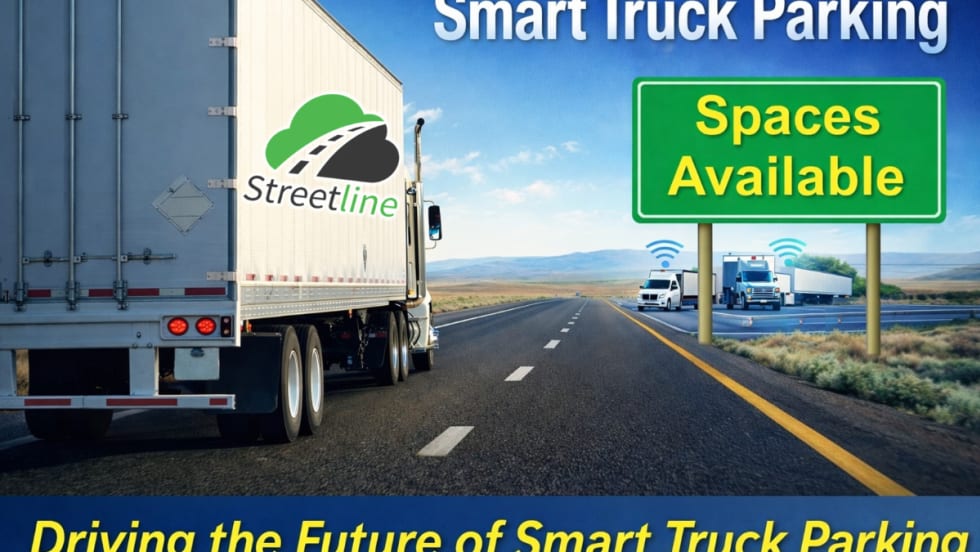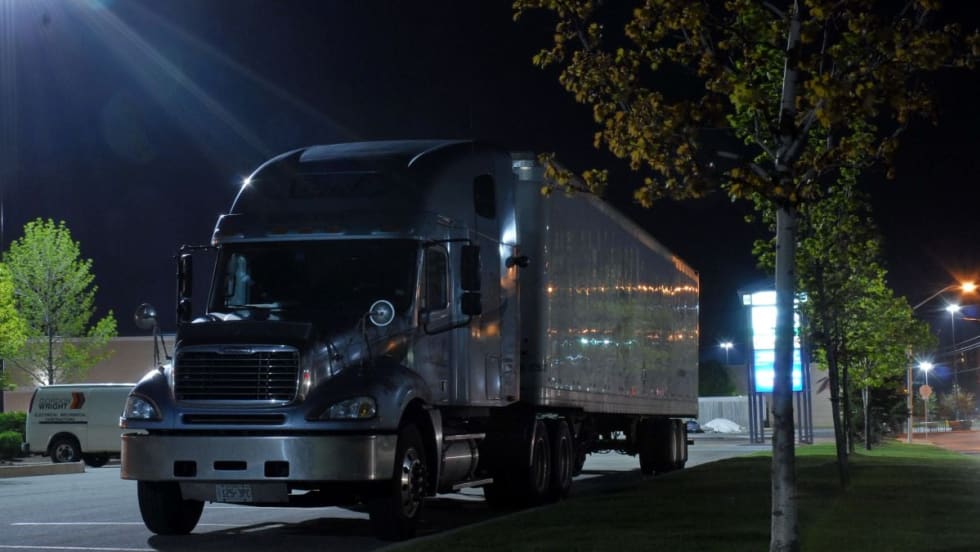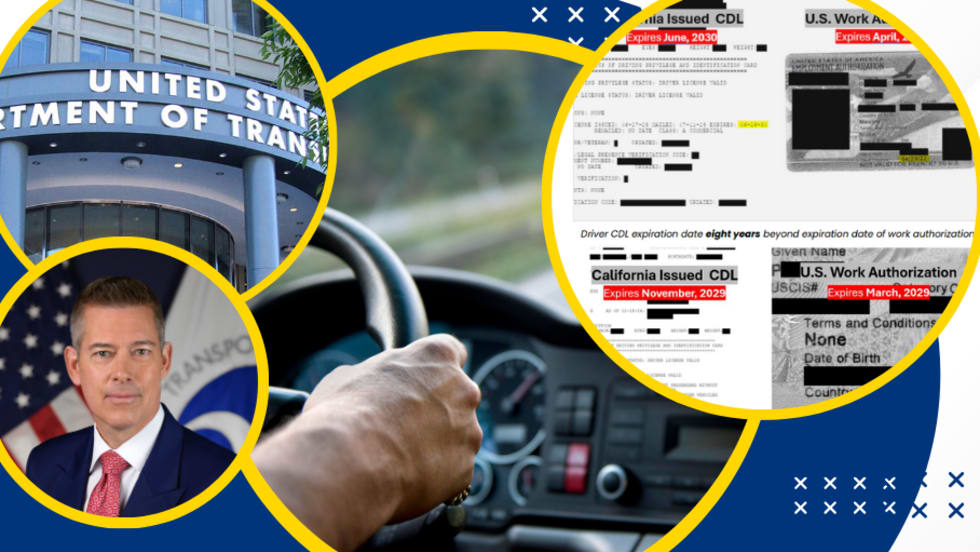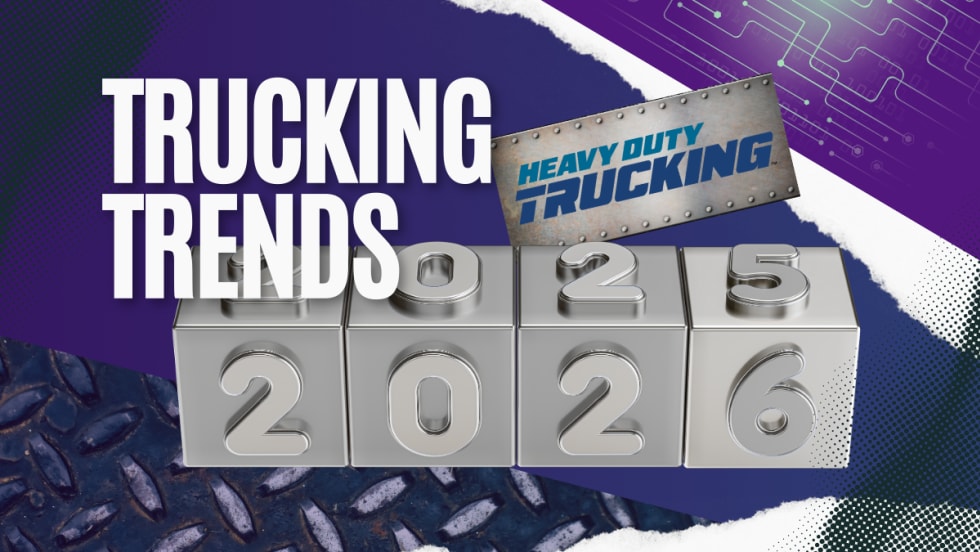The National Association of Truck Stop Owners, along with a group of like-minded associations, recently asked Congress to promote investment in America’s infrastructure and design policies that attract private sector investment in electric vehicle charging infrastructure.
NATSO, along with the National League of Cities, National Association of Convenience Stores, Society of Independent Gasoline Marketers of America, the National Restaurant Association, National Federation of the Blind, National Retail Federation, and Asian American Hotel Owners Association, stressed the importance of the rest area commercialization ban, in light of some lawmakers’ interest in seeing an increase in EV infrastructure investments.
“It is critical that any incentives Congress develops toward that end do not undermine the rest area commercialization ban by allowing charging stations at Interstate rest areas. Instead, we urge Congress to explore policies that would encourage existing off-highway businesses to expand EV charging offerings,” wrote the group. “Lawmakers, therefore, must recognize that making available EV charging stations, similar to traditional refueling, is a commercial service. As such, installing EV charging infrastructure on the federal Interstate rights-of-way would require overturning the rest area commercialization ban that has been in place for more than 60 years.”
Earlier this year, NATSO and ChargePoint formed a partnership to create a National Highway Charging Collaborative, which would deploy charging stations at more than 4,000 travel plazas and fuel stops over the 10 years.
“Our industry has made significant investments in electric vehicle charging to meet growing demand for this alternative fuel,” said NATSO President and CEO Lisa Mullings. “Many would be forced to reconsider those investments if the government were to allow hand-picked vendors or utilities to sell fuel from an advantaged location on the Interstate right-of-way. Private businesses that continue to grapple with the tremendous effects of the Coronavirus pandemic will not be able to compete for customers with a government-sanctioned monopoly.”




